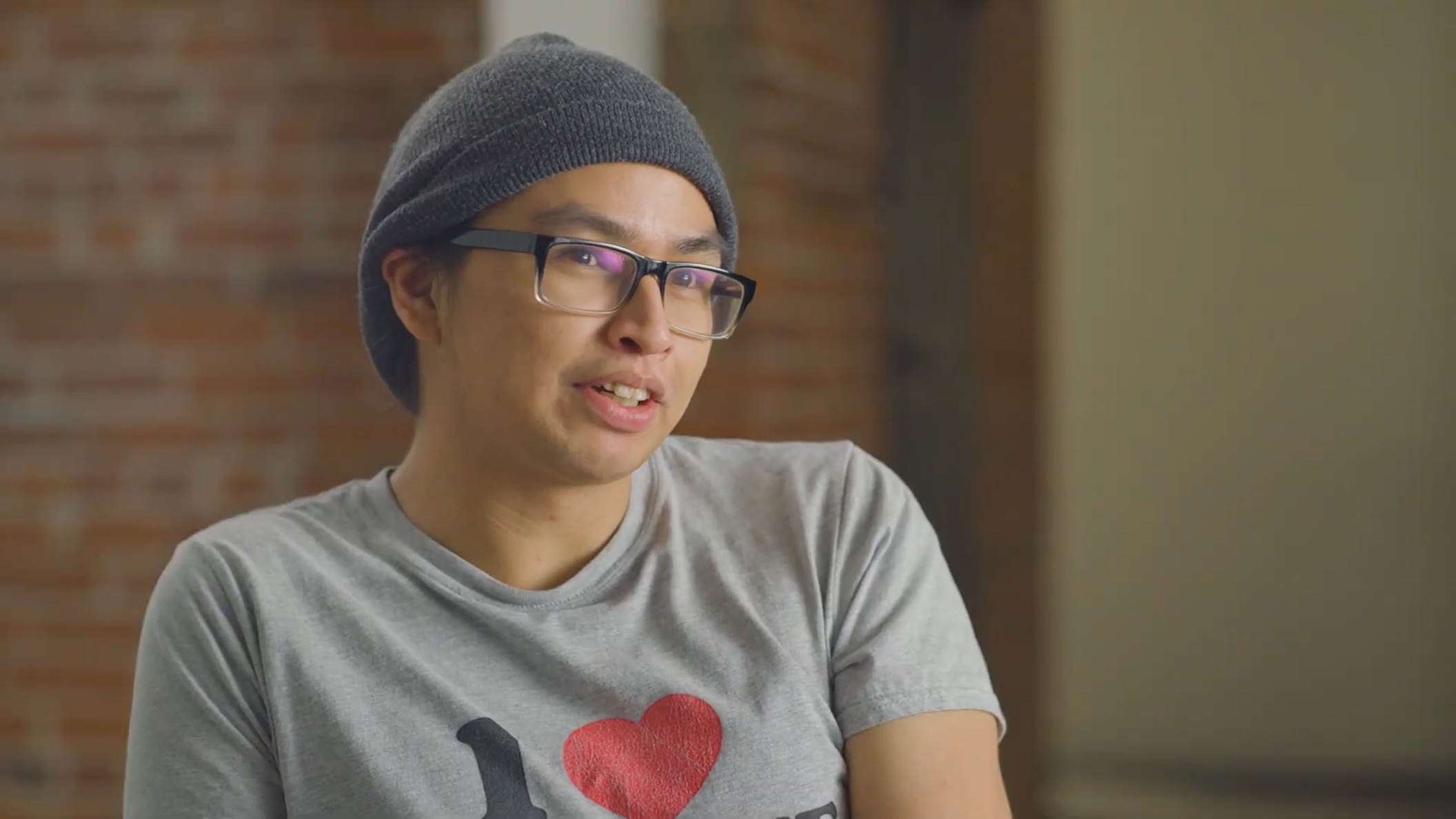On International Drug Users Remembrance Day, we interview a First Nations peer worker who is saving lives

A message from the FNHA's Office of the Chief Medical Officer.
In this article a peer worker expresses opinions that do not necessarily reflect the views, opinions, policies, or positions of the FNHA. The FNHA is committed to upholding, listening to and respecting the views expressed by First Nations people in BC as they share their perspectives about the toxic drug crisis.
International Drug Users Remembrance Day, held annually on July 21, is an opportunity to remember people lost to the toxic drug crisis and to have conversations about harm-reduction practices aimed at saving lives.
The FNHA's harm-reduction approach to substance use includes uplifting and amplifying the voices of people who operate harm-reduction services and are on the front lines of the toxic drug emergency.
Kali Rufus-Sedgemore from the 'Namgis First Nation / Kwakwaka'wakw is a peer worker who supports people who use drugs. Kali is also president of the one-year-old Coalition of Peers Dismantling the Drug War (CPDDW).
“Where I come from, we give back and support those in need to the best of our ability," says Kali. “It's a way for me to connect to my traditional culture and practise what I was taught and saw growing up."
“We're in a crisis, and the government, as always, isn't listening or caring about the people dying from toxic-drug poisonings. We, people who use drugs, are saving ourselves by doing things that may seem illegal, but in reality, we're just trying to ensure our loved ones don't die."
After identifying a gap in health care for people who use drugs, i.e., overdose services being unavailable after 11 pm, Kali opened an Overdose Prevention Site (OPS) in the Downtown East Side (DTES) that provides supervised all-night support and is equipped with naloxone and other supports. The OPS saves lives by ensuring people do not have to use alone during the night – a critical time for drug users – and risk dying from toxic-drug poisoning.
“CPDDW is there every night for our community, run entirely by people who currently use drugs," says Kali. “It's filling a gap, and our numbers show the need – we have served thousands of clients over the past year."
A relentless harm-reduction champion, Kali is saving lives by providing low-barrier access to the OPS. This supervised overnight support site is not just helping to protect the community from the deadly threat of toxic drug poisonings, it is also helping to safeguard the dignity of those most in need in a world where stigma surrounds drug use.
Kali is just one community champion whose voice and work we are pleased to highlight. You can watch Kali, and other First Nations peer support workers, on our “Connecting to Culture" playlist on YouTube. Please share with your own network to help destigmatize people who use substances.
Recognizing that substance use varies for each individual, the FNHA emphasizes the need for a continuum of programs and services to meet people where they are at on their unique wellness journeys. This includes supporting people who use drugs, because we believe that all paths lead to wellness.
To learn more about the FNHA's response to the toxic drug crisis, please visit our harm reduction webpage.

